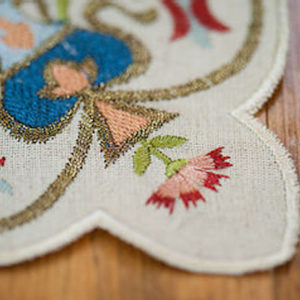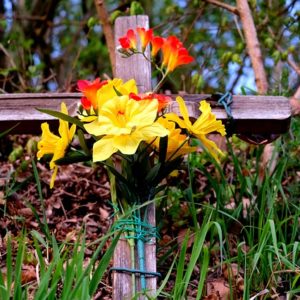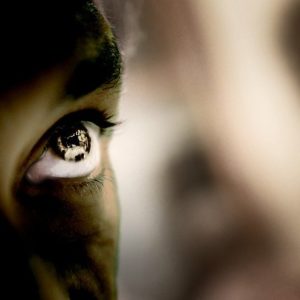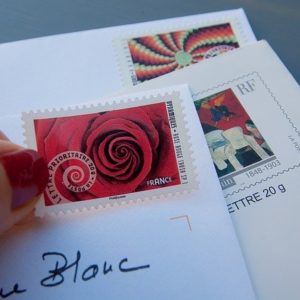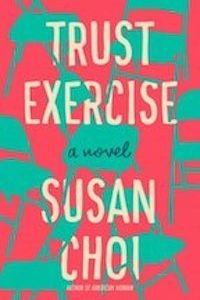
The Tulsa Race Massacre and Beyond
If you’ve been anywhere near the media in recent weeks, you’ve likely seen the archival photographs, indistinct and muddy, depicting the broken and blasted-out blocks that were all that was left of the city’s affluent Greenwood district—the “Black Wall Street”—after the mob was done with it. A mob that, as the reports tell us, included the Tulsa police force and the National Guard.


